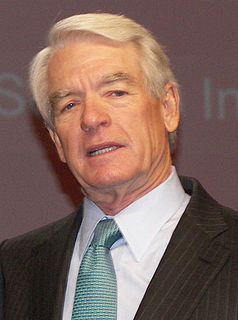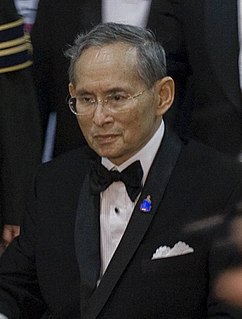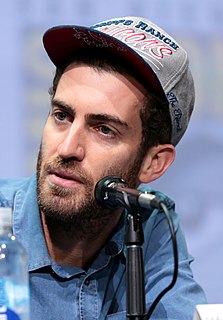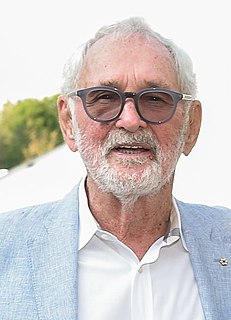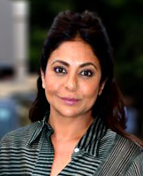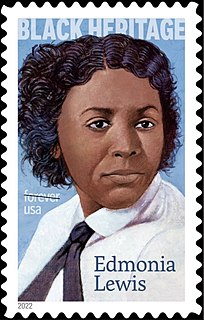A Quote by Hirokazu Kore-eda
I have never made a film to praise or to criticize something. That kind of filmmaking is nothing but propaganda.
Quote Topics
Related Quotes
A war film can be propaganda and they're very valuable as propaganda, as we realized in Britain in the Second World War. Film as propaganda is a very valuable tool. It can also demonize, which is the dangerous side of a war film as propaganda. But there are war films that are not propaganda. It's just saying 'This is what it's like.' For 99 percent of us we don't know what it's like. We have no idea. So to reveal that to the audience is powerful.
You have to remain strong. That's the kind of filmmaker I want to encourage. Orson Welles was the one who said, you know, you can learn anything you need to know about filmmaking- that's camera, sound, celluloid, video at this point- in four hours. It has nothing to do with anything. It has nothing to do with it... It has to do with what you want to say. If you feel you have something to say, you'll find that way to get it said, on film, and not let anyone or anything chip away at that or tarnish it, because it's something special and precious.
I hate political films that have one particular message that they're trying to convey. I think propaganda is very dangerous, and it's very easy for anything to slip into it. I also think that propaganda is something that defies the identity of cinema. I hate propaganda in cinema, even if it was promoting the political stance that I myself am allied with. I always say that the responsibility of a film is first and foremost: To be a film. It's not a manifesto, it's not an op-ed.
I left film because I felt that photography was my art. It was something I could do on my own, whereas film was so collaborative. I thought as a photographer I could make something that was artistic and that was mine, and I liked that. And it wasn't until I got back into film and I have very small crews and I could do very tiny filmmaking that wasn't 100 people that I still felt that I was making something artistic as a filmmaker. So, you know, I'm an artist, and whether it's photography or film, I want my voice to be there and I think my voice is very strong in this film.


